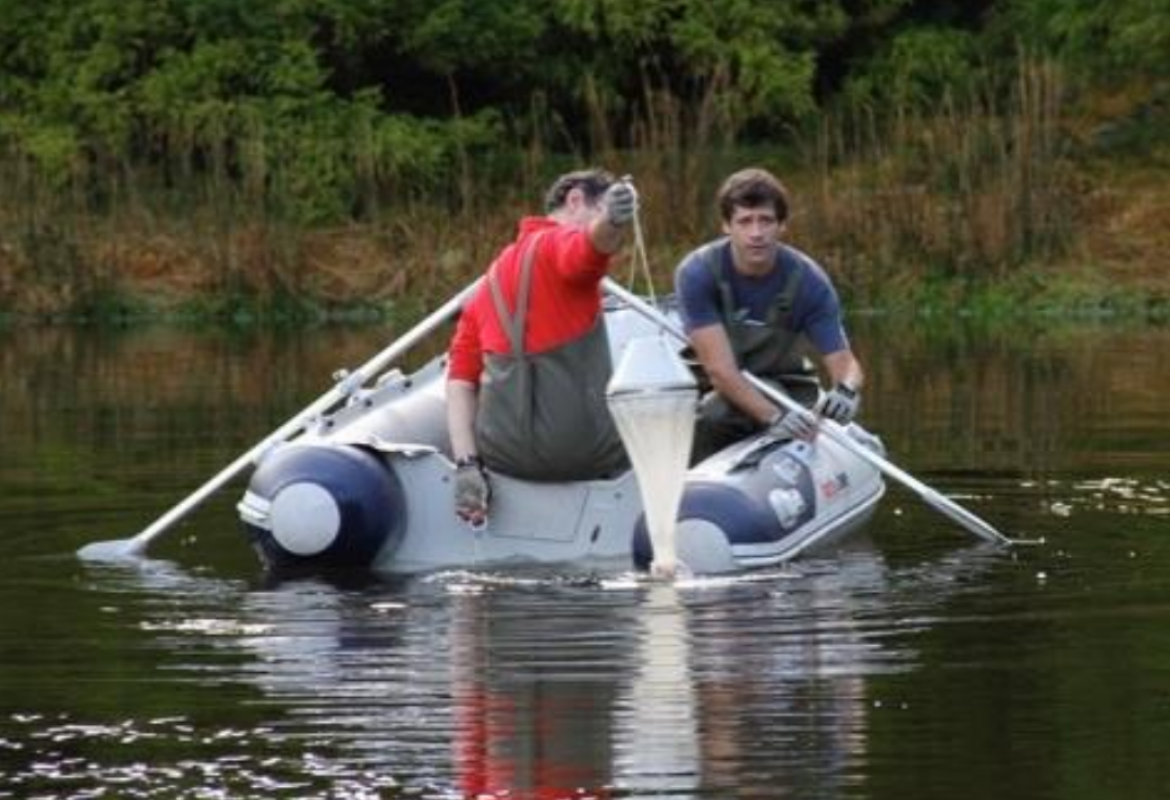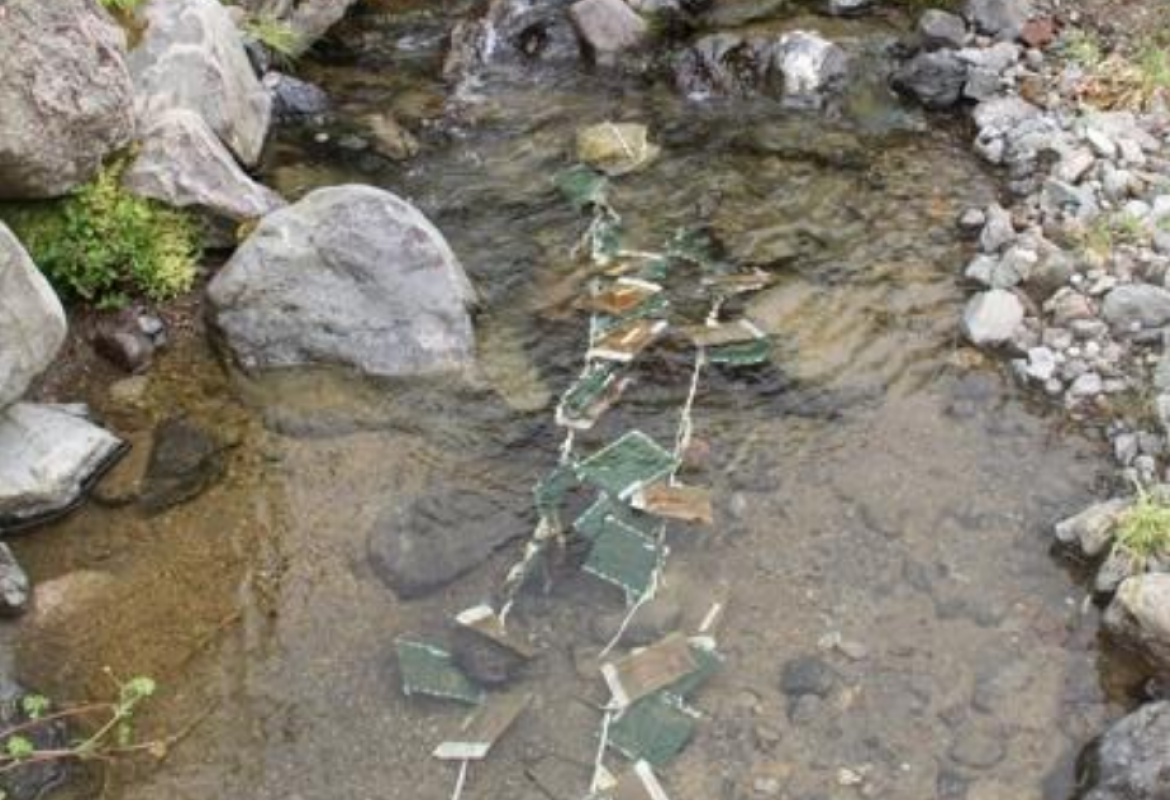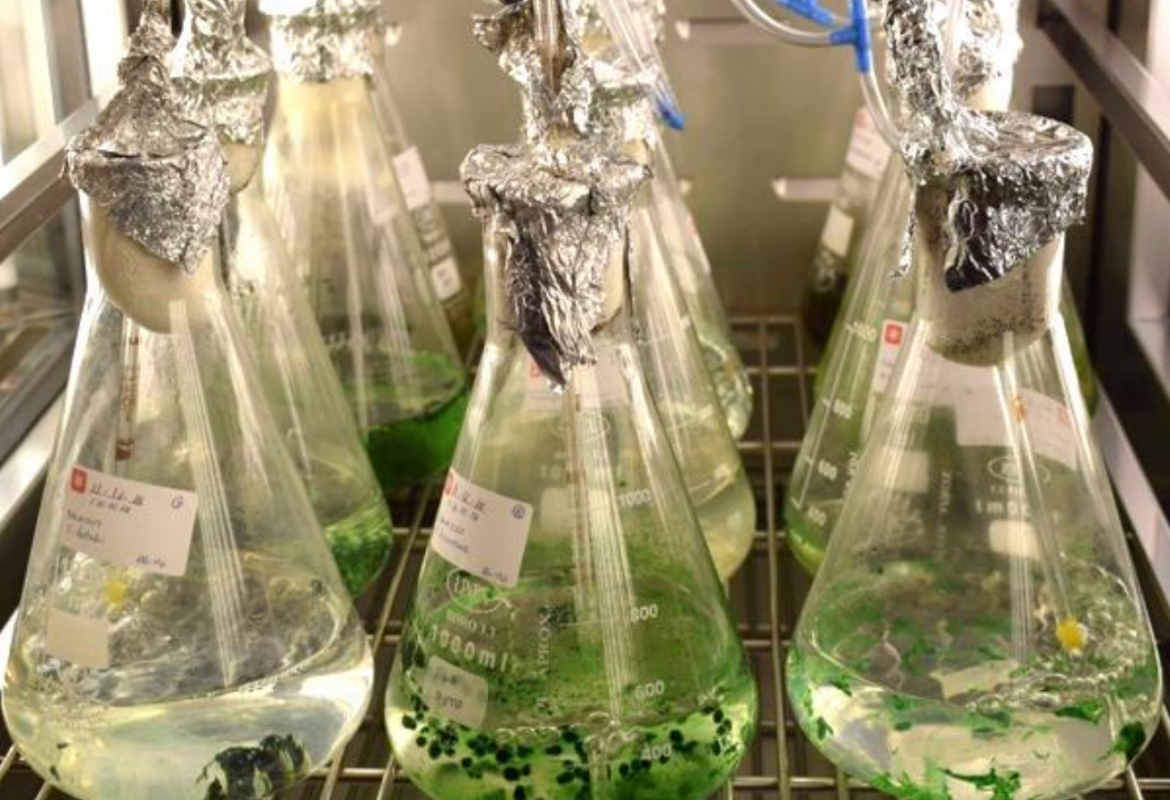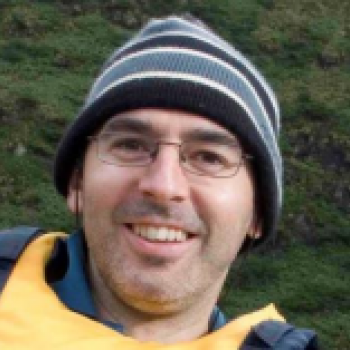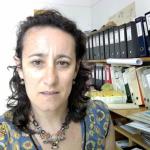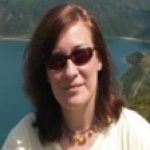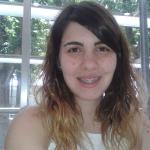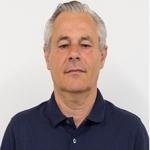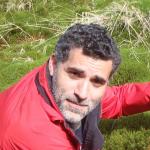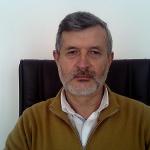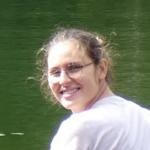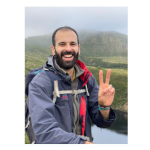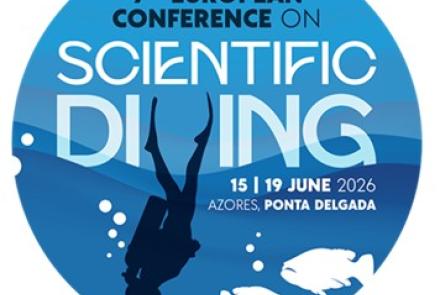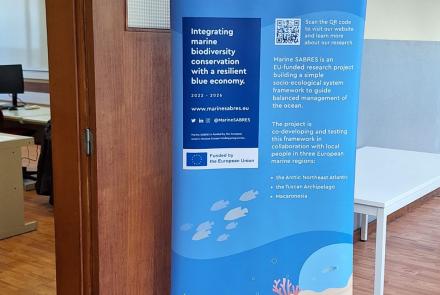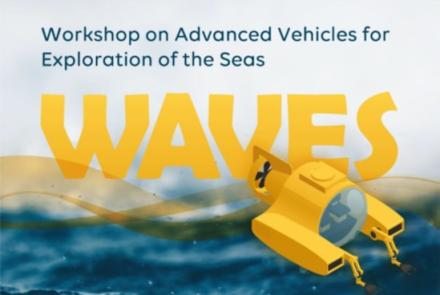FRESCO - Freshwater Ecology
Aquatic ecosystems of oceanic islands are unique due to their volcanic origin, geomorphological environment, climate situation and biogeographic isolation, which originate structural and functional patterns and ecosystem processes different from those observed in continental regions. Taking the advantage of being in a ‘natural laboratory’, the Azores islands, our main goal is to describe and understand the structure and function of insular aquatic ecosystems, and to develop methodologies and strategies for their environmental assessment, rehabilitation and conservation.
Our research aims to determine the impacts of local and global environmental changes on aquatic biota, namely lakes, streams and coastal waters. We want to describe the biological community’s structure and its interactions with environmental drivers, and determine the indicative value of biological quality elements for ecological quality assessment of these ecosystems. On ecosystem function, focus is given on litter processing to understand how this process occurs in the absence or low abundance of detritivores (natural situation in many oceanic freshwaters), which is expected to occur more frequently and in wider areas in the future given their sensitivity to warming and pollution.
To address these topics, we use a combination of classical ecological approaches and new methodologies such as environmental DNA (eDNA) and modelling.
The major goals of FRESCO are to:
- assess the biodiversity of Macaronesian freshwater ecosystems and their distribution patterns;
- understand the functioning of aquatic ecosystems in remote oceanic islands and how they are affected by local and global environmental changes;
- assess the response of aquatic biota to environmental changes, particularly those arising from eutrophication and/or organic pollution, allowing the development of biological metrics for ecological quality assessment of inland surface waters;
- develop molecular tools for the assessment of cyanotoxin production potential in Azorean lakes and thermal waters to implement in monitoring programs;
- maintain a culture collection of Azorean microalgae and cyanobacteria and evaluate their potential use for biotechnological applications (e.g., nutrition, pharmaceutical, cosmetics).



